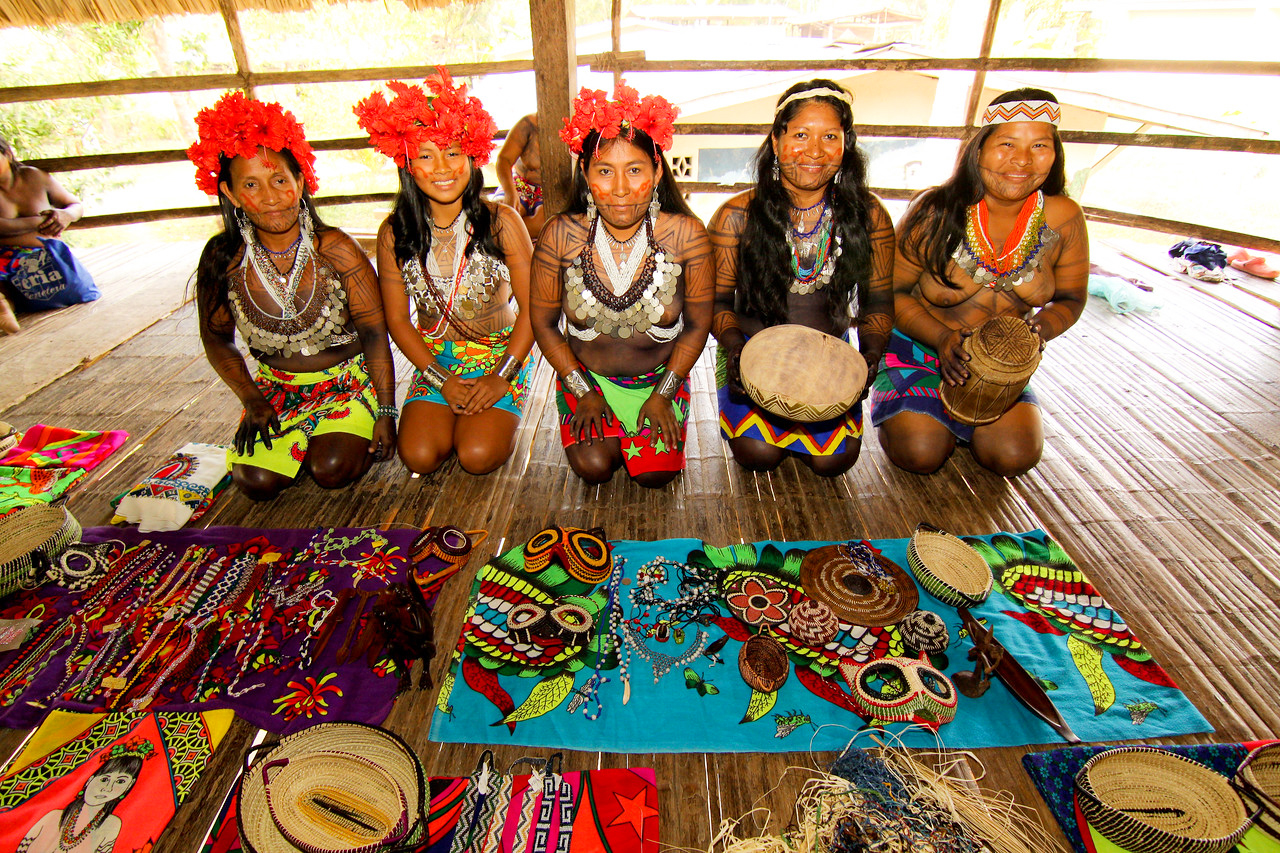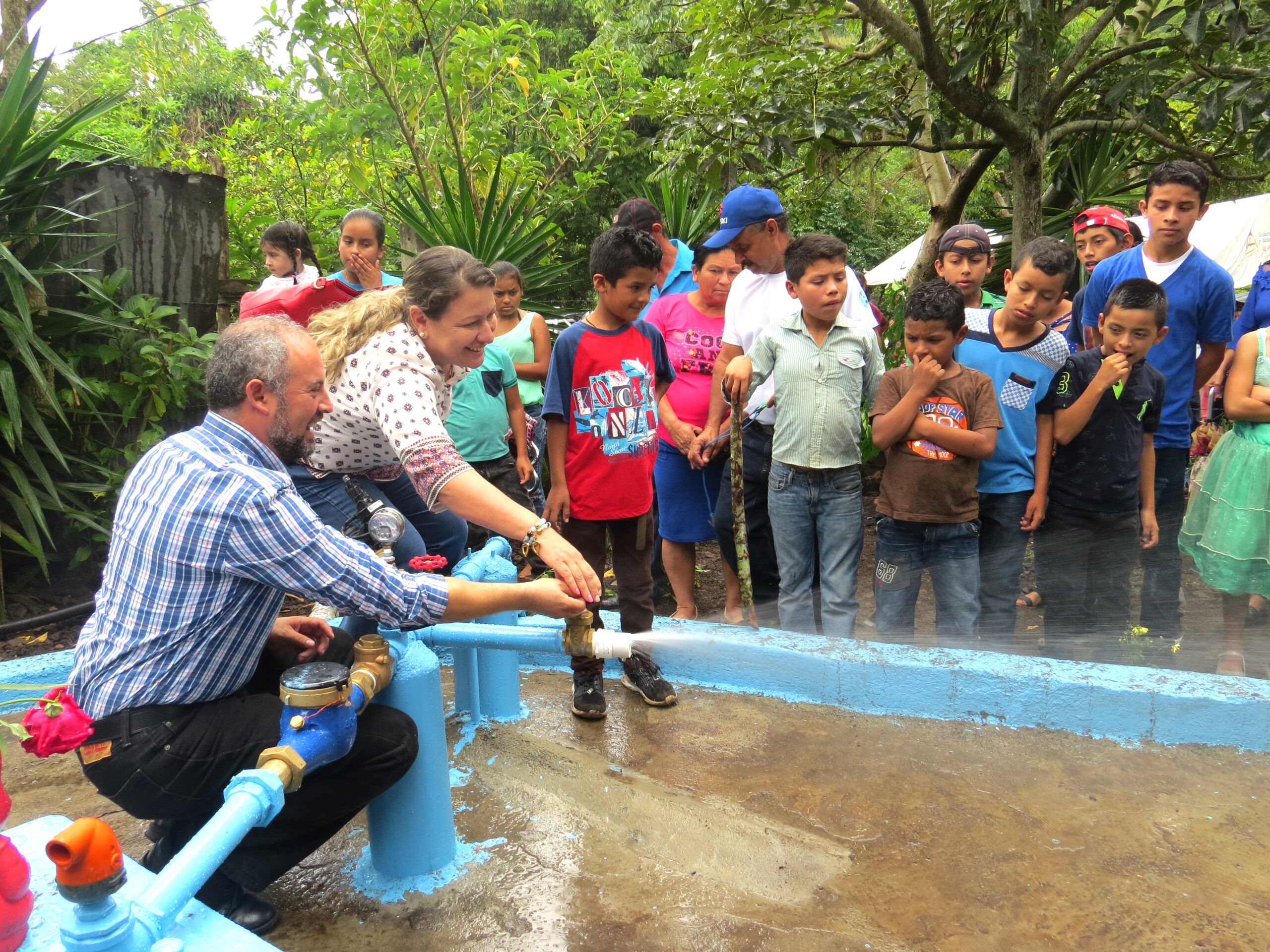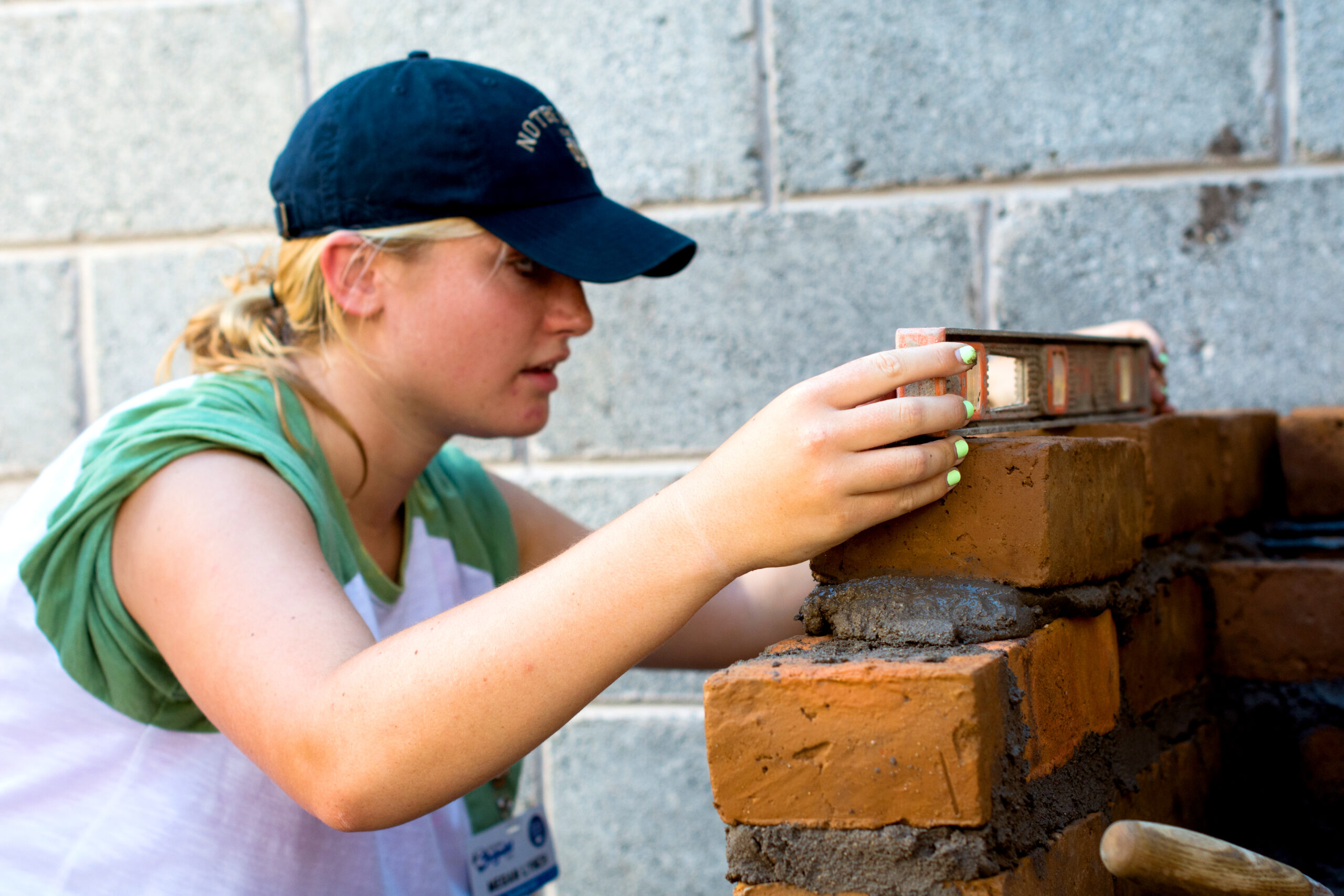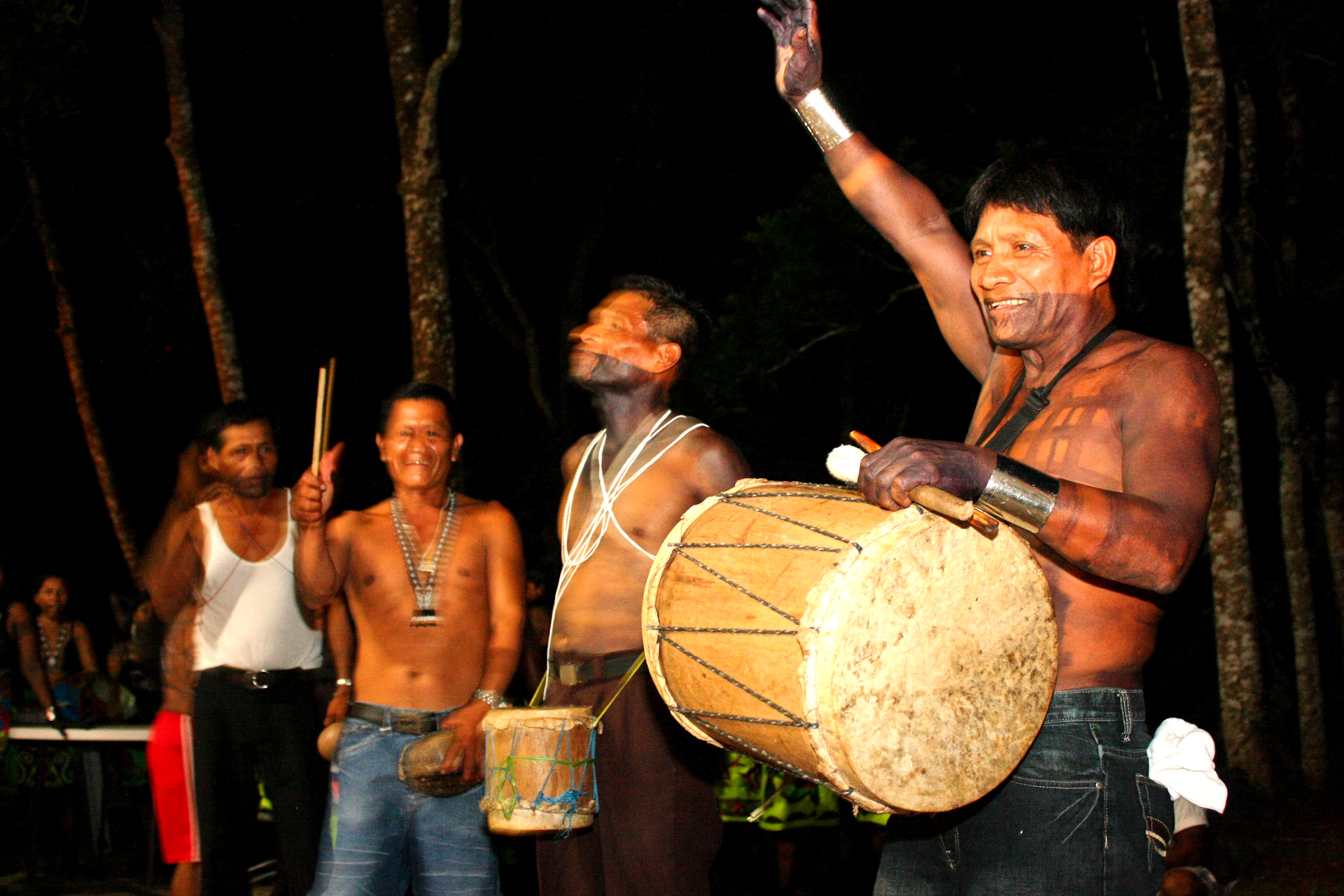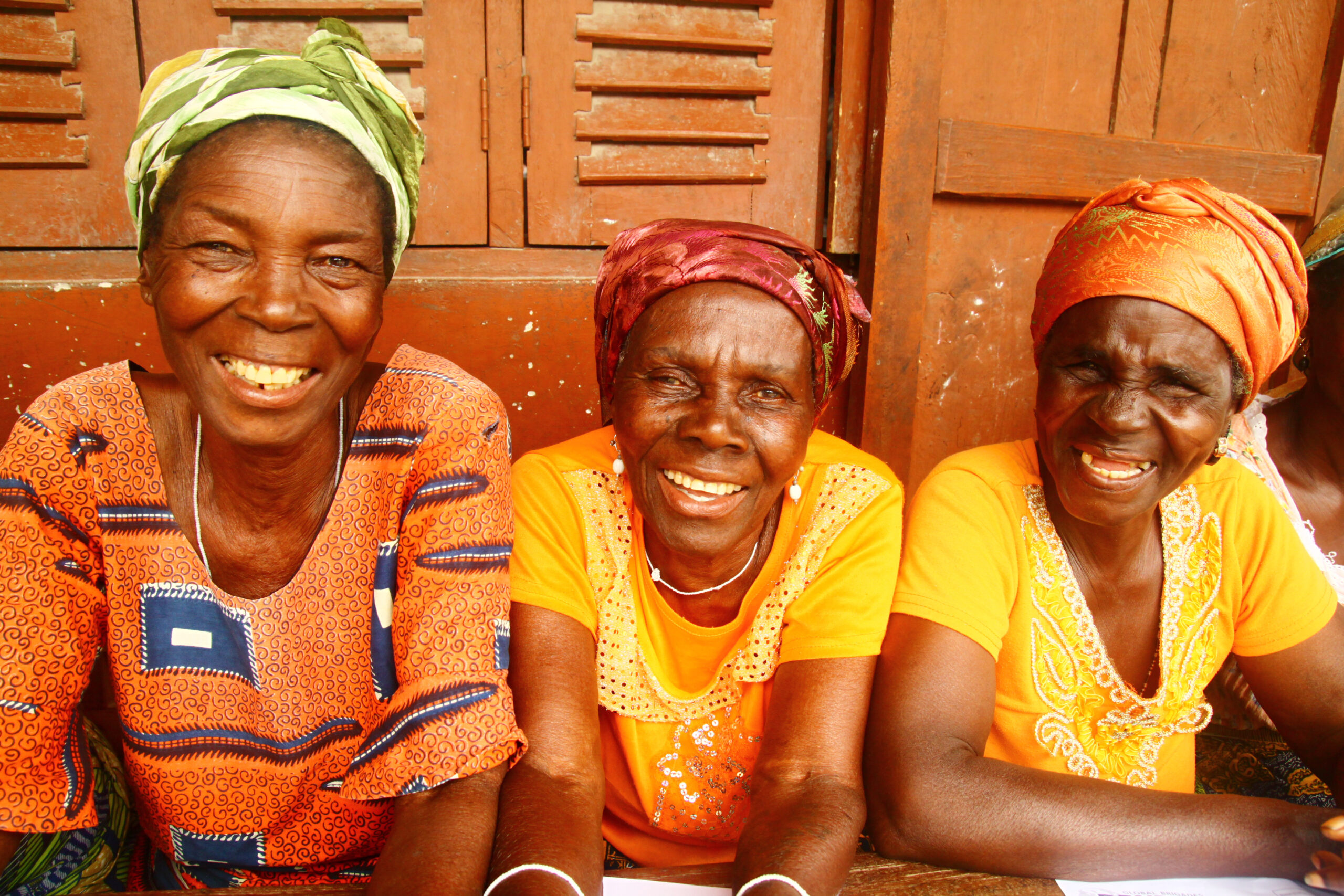Before I visited the community of Tomatin, I was skeptical to say the least. This opportunity to help others by educating them in the language of Microfinance almost seemed too good to be true. I was expecting more like a show and tell, something along the lines of being guided around and being instructed every step of the way. However what I experienced was much different. As soon as we landed in Tegucigalpa, our objectives were laid out and it was up to us to complete them. After a week, not only did we change the Caja, we changed their lives.
The opportunity to not only instruct but to educate is invaluable. In the end we set up bank accounts for the children of the community, instructing them that they were not to withdraw cash until they turned 12 years old. The hope being that by this time they will have seen their money grown and have decided to keep the money in the Caja, allowing them to spend more in the future. This valuable lesson in saving is a message we hope that the children will carry on to their own kids when the time comes. This tradition will be instilled in the community, and without a dime of American financial support, and a wealth of financial knowledge, the community of Tomatin will pull itself out of poverty.
However while this teaching experience was directed at the population of Tomatin, it was us as students who left learning about the culture of Honduras and about ourselves. My experience was unique, with the fluency of Spanish I already had, becoming friends with everyone in the Caja was a very rewarding experience. I had the opportunity to share my life with them like they shared their life with me. Every day quickly turned into a treasurable memory, every minute was an opportunity for a shared laugh. I learned from the people of Tomatin that life is only lived once, so why not be thankful for it. They continuously thanked us and when in the end, it should have been us thanking them.
